How I Secured a Placement as an International Student
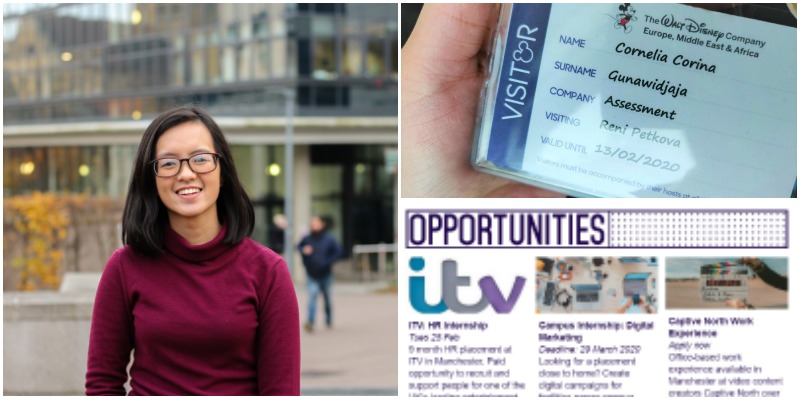
Hi! I'm Corina, a second-year Digital Media student at the University of Leeds. I recently secured a placement as a Digital Creative Intern with The Walt Disney Company under their Media Networks Department. Before getting this placement, I also had the chance of interviewing for other media companies, including Warner Bros., Warner Media, and Discovery Inc.
In this blog, I’ll be sharing my experiences and give some advice on how to apply for placements.
Why should you consider doing a placement?
Back when I was still applying for university, one of the main reasons why I chose the University of Leeds was because of the option to do a placement year within my degree. In my opinion, completing a placement is one of the best ways to gain some professional experience and may help increase the chances of getting a graduate job in the UK. It allows you to develop key transferable skills and 'test-drive' a career to help make a more informed decision about what you want to do after uni.
What’s the application process like?
- Filling in the Application Form
The process starts with the initial application form. While most placements usually only ask for a CV and Cover Letter, some companies require applicants to answer additional questions that are tailored to the role. In one of my other applications, I was asked to answer 8 questions (about 500+ words each) like what skills I could bring to the role and which movie character best described me. This can take a long time, so it’s best to set out a day dedicated to filling in these application forms.
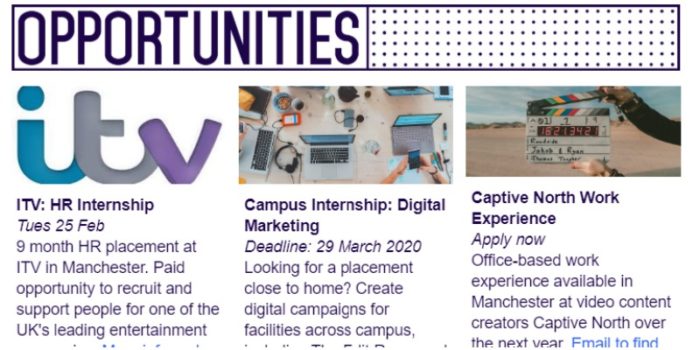
- Interviews and Assessment Centers
If successful, the next stage is to have an interview with the company. It’s important to note that different companies have different recruitment processes. In my experience, I had video interviews for both Discovery Inc. and Warner Media, and a phone interview for Disney. Additionally, bigger companies tend to hold assessment centres before they choose who to hire. This usually involves applicants to complete a combination of tasks and activities that test your suitability for the job. This way, you'll have the chance to demonstrate a wider range of skills than you would have been able to during a traditional face-to-face interview.
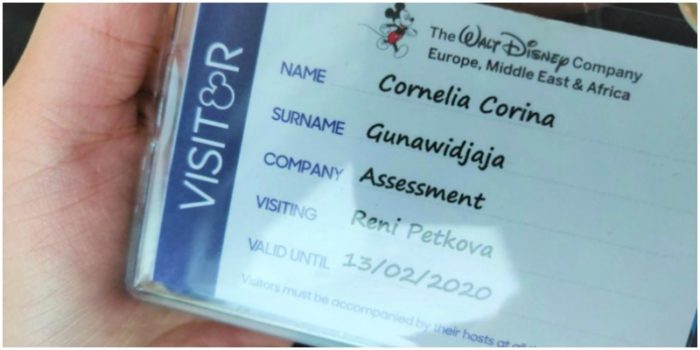
- Offer
Here comes the final decision… Did you get the placement? If you’ve made it, congratulations! If not, don’t worry. A rejection usually means you were just as qualified but weren’t the right fit for the company, which means you wouldn’t have enjoyed the internship anyway.
Some tips for applying:
- Keep your options open
Ironically, I was skeptical about working in a large company. I had always liked the idea of working with smaller companies, where I would be more connected to the essential day-to-day practices. As a result, I spent most of the first semester of second year sending an application to small creative companies in Leeds in hopes to get some sort of internship with them. None of this ended up working out and I spent most of my Christmas break frantically searching for something I could secure for next year. While I was still able to apply to some bigger companies, in the end, I missed out on a ton of placements that were advertised from July to December. Had I applied to more placement roles before this point, I think I would have been successful earlier on.
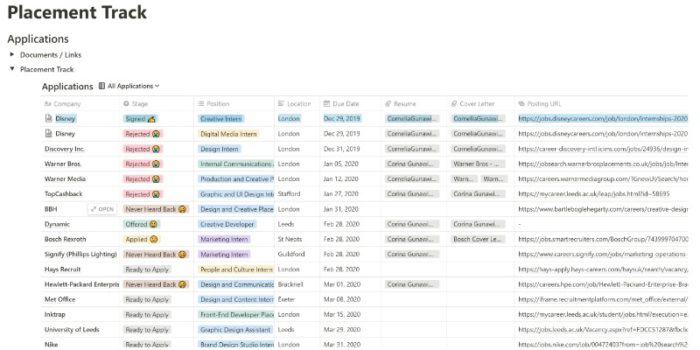
Therefore, I suggest applying to jobs that interest you just to give yourself a choice. While you should still be mindful of which companies you apply to, you shouldn’t be too idealistic and restrict yourself from the wide range of opportunities available. Even if you’re unsure about the role, you never know what can happen. And if anything, it’s super helpful to go along for the interview practice and to improve your confidence in the application process.
- Plan Ahead
It's easy to underestimate how long applications can take to complete. Juggling your placement applications, university work and other commitments can be a lot to deal with. It's best to make a plan of how many applications you want to send off per week and to take note of each vacancy's closing dates so you don’t miss out on any opportunities. It’s also important to keep track of your applications, including the dates of when you applied and any dates for interviews. Most companies will update you on your application in a good time frame, but don’t be afraid to follow up with a polite email if it’s been a while. It will also show that you’re determined and eager for the position.
- Use your international experience to your advantage
As explained by Catalina in a previous blog (5 tips to secure a placement as an international undergraduate), being an international student can help you stand out amongst the other applicants. The fact that you moved away from your home country to pursue your education (and possibly your dream job) shows your determination, and your ability to be adaptable and flexible to different environments, all of which are key competencies companies look for when hiring. During my final interview with Disney, the creative directors were really interested as to how I managed to move from Indonesia to having a potential job offer in London. This allowed me to tell them my story on how I adapted to my new surroundings and my passion for the media industry.
Support from the University
The university gives a ton of support for students who plan on doing a year in industry. Particularly, the Careers Centre on campus has drop-in service and bookable appointments to check your CV, cover letters and applications and give you tips on how to improve them. They also provide resources to help you succeed in interviews and assessment centres. Additionally, the School of Media and Communications sends weekly emails and newsletters filled with placement opportunities available for students in the media industry. They also promote any career-related events, ranging from mock interview sessions, talks from industry professionals, as well as networking sessions with students who had already completed their placements. I was also a part of the faculty’s Career Mentoring Scheme, where they partner students with media industry professionals to achieve their career goals. Throughout my application process, my mentor was very happy to give me personal feedback for my CV, cover letter, and interview answers.
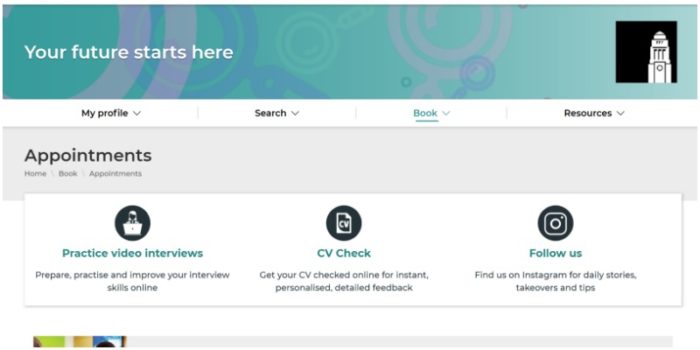
The process of securing a placement can be very time-consuming and exhausting, but I promise you that doing a work placement is one of the best decisions you could make at uni. I hope you found some of this useful and fingers crossed to all of you on your placement hunt! 😊
